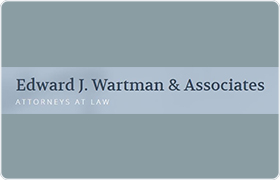FAIR CREDIT REPORTING ACT (FCRA)
A federal law that is designed to prevent inaccurate or obsolete information from entering or remaining in a credit report. The law requires credit bureaus to a...
(more...)A federal law that is designed to prevent inaccurate or obsolete information from entering or remaining in a credit report. The law requires credit bureaus to adopt reasonable procedures for gathering, maintaining and disseminating information and bars credit bureaus from reporting negative information that is older than seven years, except a bankruptcy, which may be reported for ten. If you notify a credit bureau of an error in your credit report, the FCRA requires the bureau to investigate your allegations within 30 days, review all information you provide, remove inaccurate and unverified information and adopt procedures to keep the information from reappearing. In addition, the law requires that creditors refrain from reporting incorrect information to credit bureaus.
 x
x

 Edward Wartman Merrillville, IN
Edward Wartman Merrillville, IN
